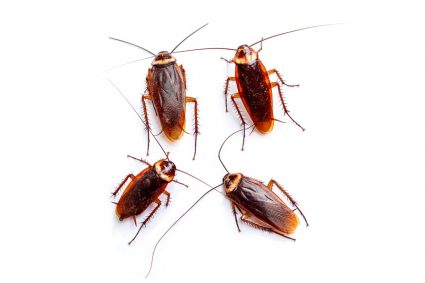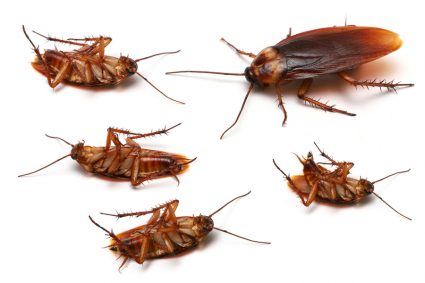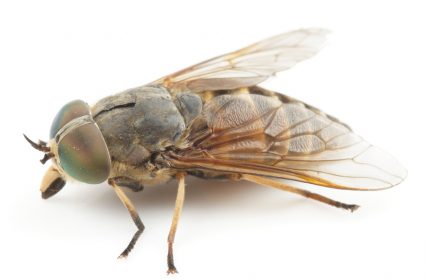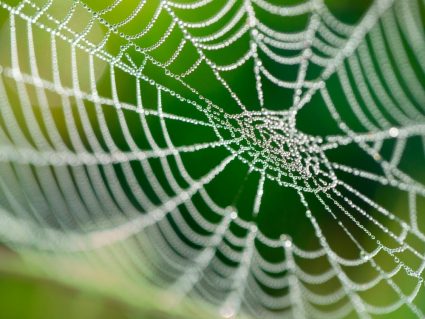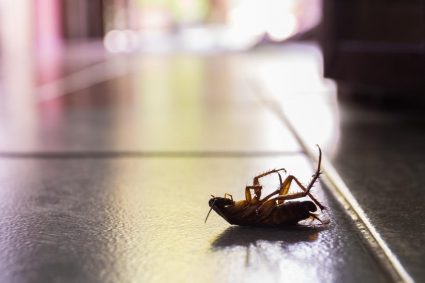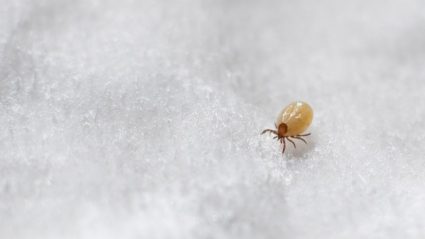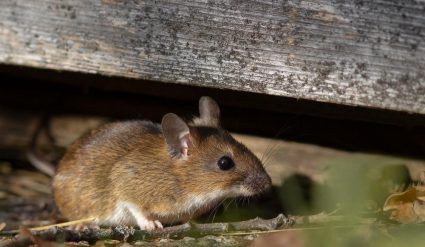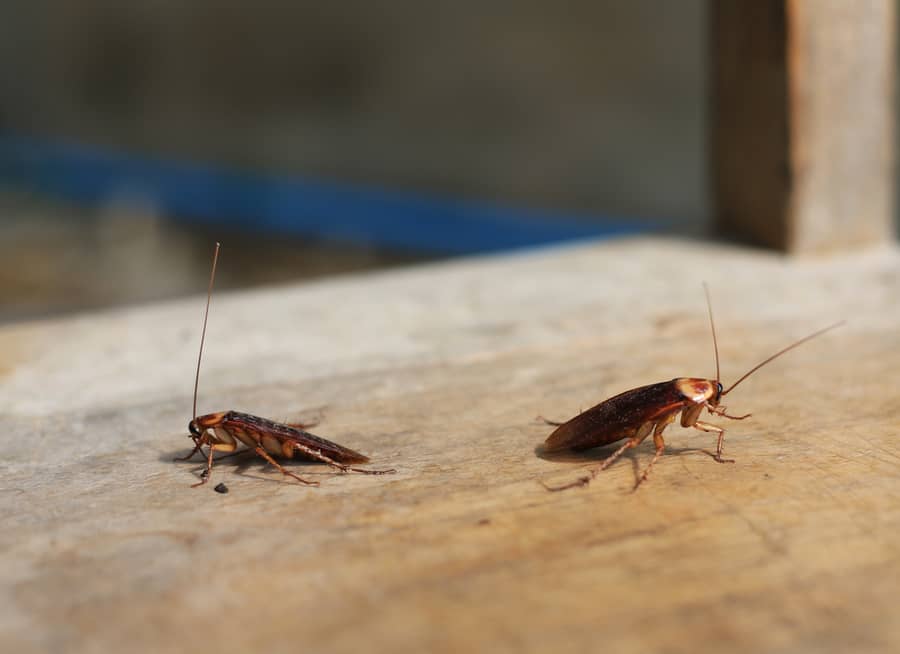
It’s roach season, and you’re prepared to spray your home. But wait. What if after you spray, cockroaches still appear?
Do you feel you’ve tried it all, yet this creepy crawlies keep coming out?
Do not fret. After treatment, an increase in roach activity is typical during the first few weeks.
There are four causes for this:
- The first is that roaches come out looking for water they require for survival.
- The second is because of improper timing.
- The third reason is that cockroaches flee their hiding places, which becomes unconducive.
- The fourth reason is that you just sprayed your house.
This article will explore why roaches come out after spray treatment and what you need to do.
4 Reasons Roaches Come Out After Spraying (and What To Do)
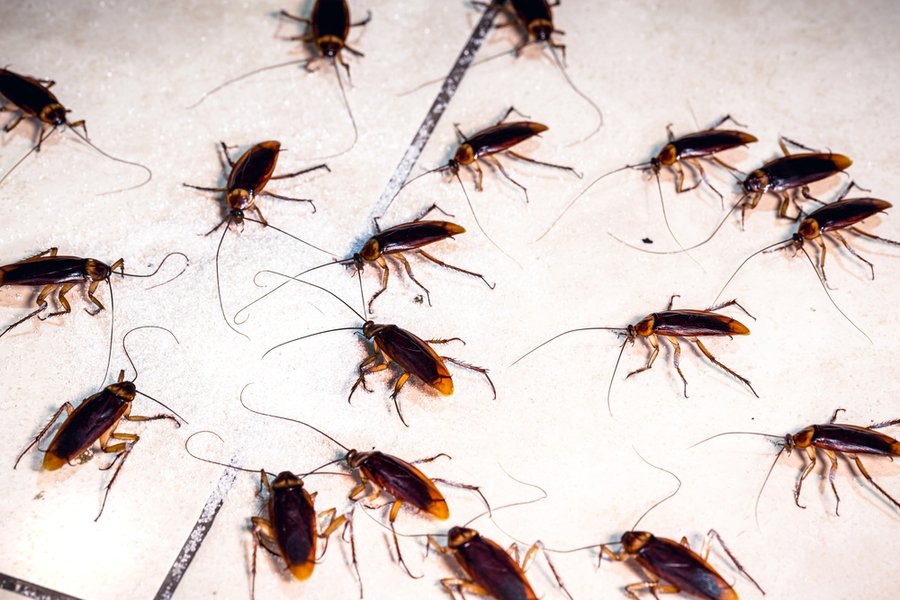
Roaches are notoriously difficult pests to eradicate.
But once you know how to deal with them, they become less of an issue.
Reason #1: In Search of Moisture and Water
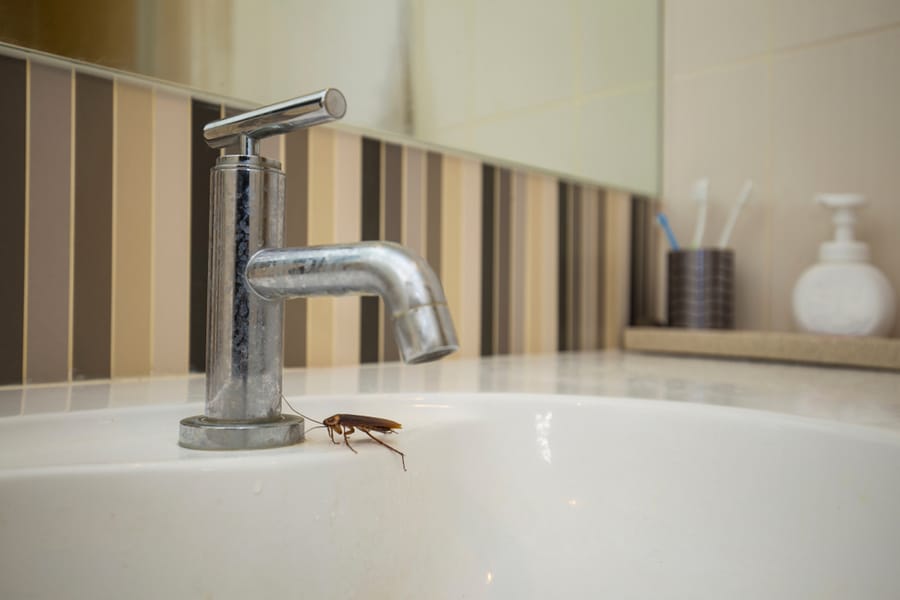
Roaches need water to survive. They may go weeks or months without eating, but not without water.
When you spray, the bugs come out looking for water to survive.
You should get rid of water sources before fumigation for the elimination process to be successful. If roaches can’t have access to water, they perish within weeks.
You will struggle to keep cockroaches under control if you live in a damp environment since moisture is key to their survival.
What To Do
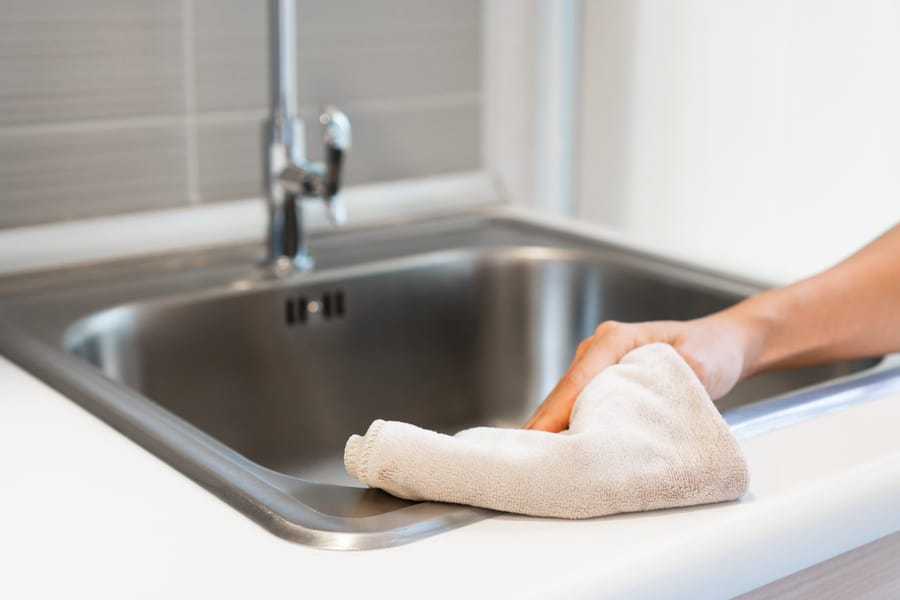
Check for leaks frequently in kitchen sinks, the yard, the bathroom, and other places.
Keep your kitchen sink free from dirty dishes since they contain water.
When you spray, keep the area dry to prevent roaches from flourishing.
Reason #2: Timing

Depending on when you spray, eggs that hatch after may help more roaches to come out after spraying.
Cockroaches are fertile and can produce up to a thousand eggs at once.
What To Do
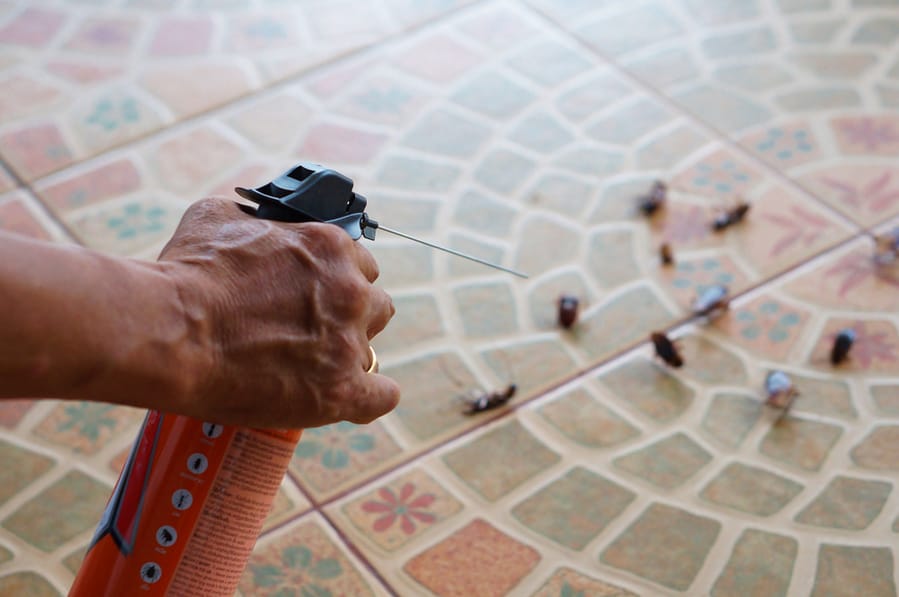
Interrupt Their Birthing Cycle: It is critical to break cockroaches’ life cycle, which occurs once a month, to eliminate them.
Practice routine spray treatments to end a new group of roaches that emerge from hiding.
The insecticide should kill both eggs and live cockroaches. However, if you slow down your spray treatment, cockroaches and their eggs multiply.
Pick The Right Time: The ideal time to spray your home is in early spring when temperatures are moderate.
You can get rid of nests when the roach population is low by spraying in springtime.
You will require less effort during this time, increasing and prolonging the treatment’s effectiveness.
Reason #3: Looking for a New Environment
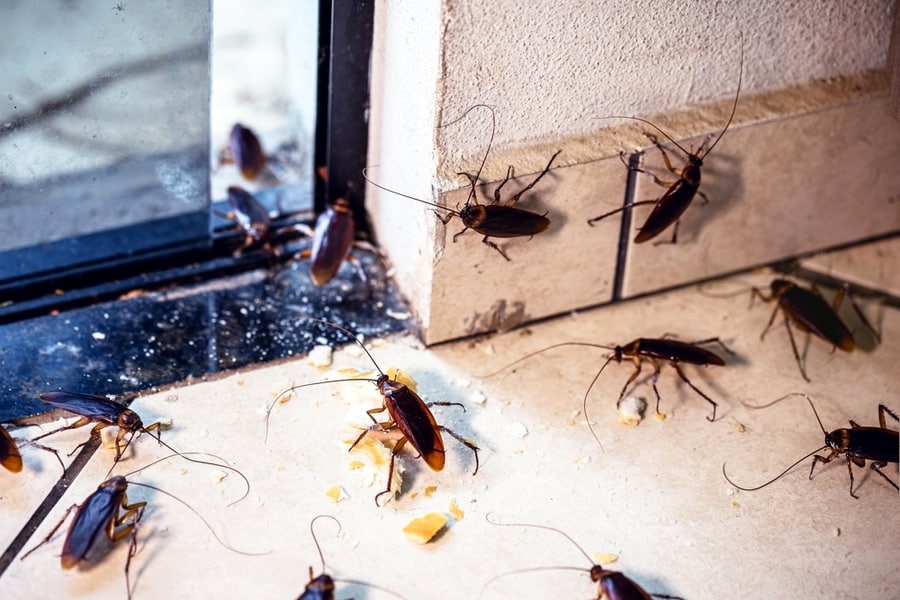
Roaches frequently emerge after a spray treatment since the chemicals render their environment uninhabitable.
Because of this, roaches will search for new hiding places to recover.
They will perish because of the insecticide exposure throughout this process.
After the spraying process, expect to see them for up to two weeks.
What To Do
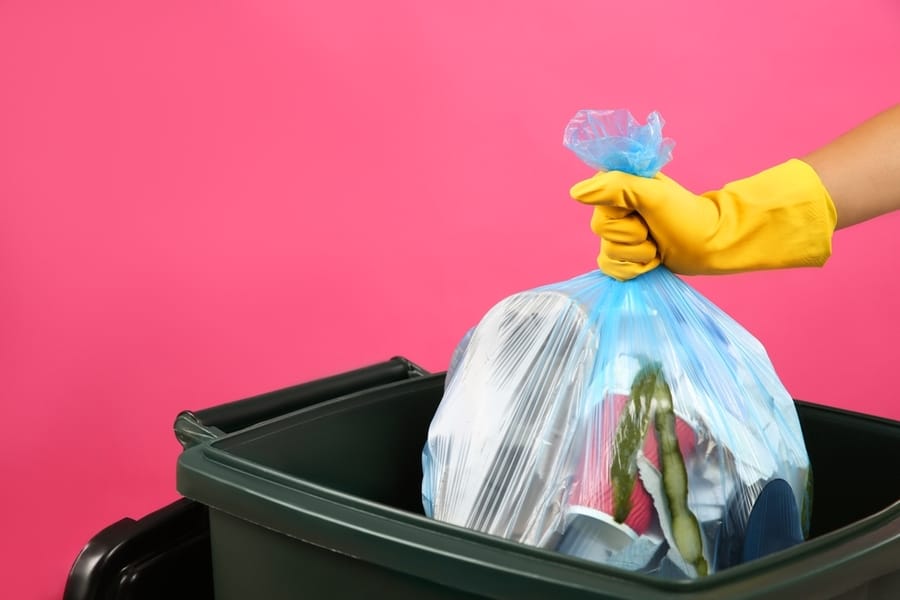
Inspect and seal off any entries to additional rooms in your home where roaches might shelter.
If you sprayed the yard, block off all entries that roaches might use to enter your home.
Junk piles serve as roach breeding grounds. Therefore, clearing and cleaning your yard makes it inhospitable for pests.
Reason #4: Your Home Just Got Serviced
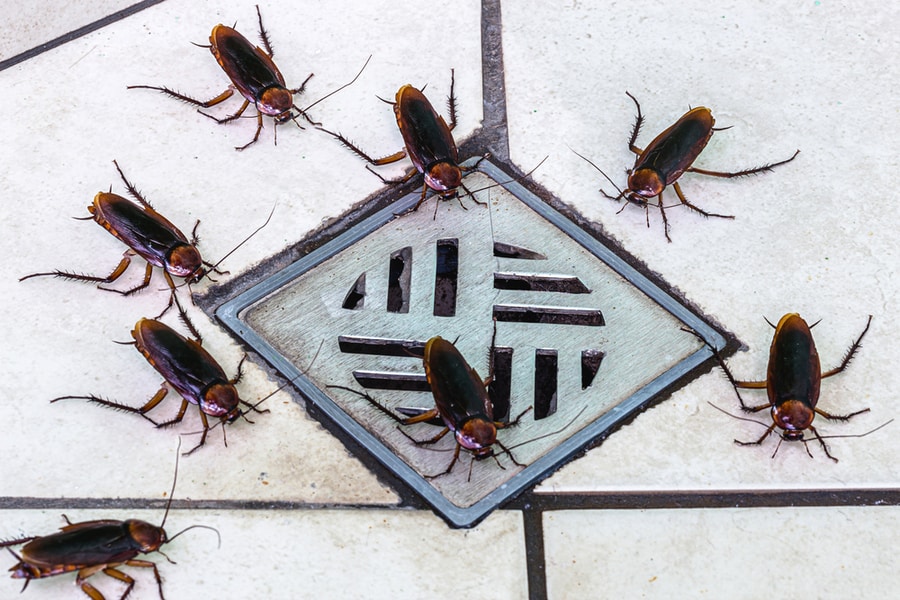
You may have recently had service, which could explain why you see more roaches after spraying.
There were a lot of cockroaches to deal with if you weren’t previously receiving preventive treatment.
Because they are expert hiders, uncountable numbers may emerge after your spray treatment, and they can appear out of crevices.
The insecticide doesn’t always instantly kill these roaches when it gets on them.
It is also almost impossible to see them and target them all.
Read also: How to draw out roaches.
Over the first several days after treatment, their numbers can seem to rise. This gives the spray treatment a chance to reach a significant portion of the colony and ought to persist for a few days.
You will gradually witness less activity after the initial increase over the first several days.
What To Do
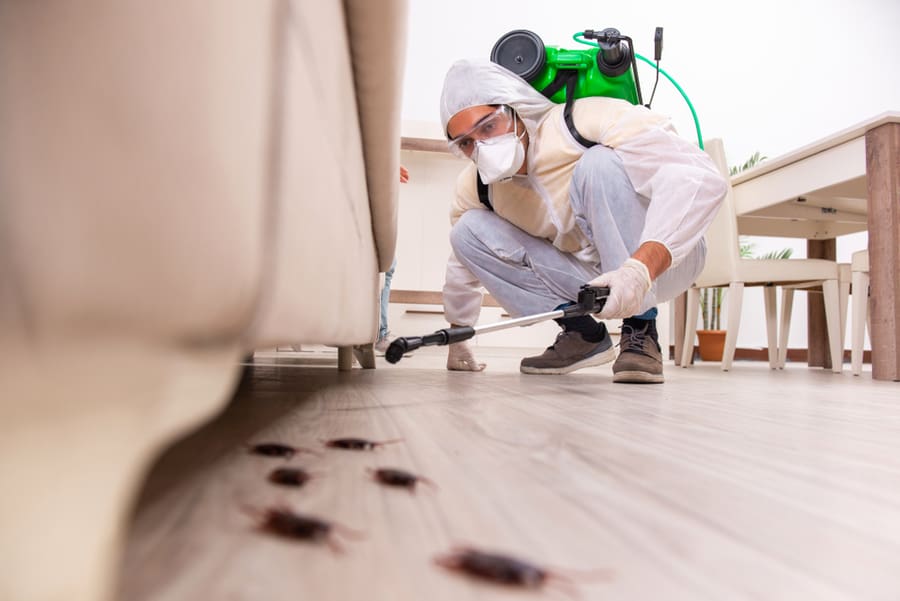
Before evaluating, leave the spray treatment for at least 10 days.
Even though the spray seems to function more slowly, it works. After 10 days, if you’re still seeing roaches, consider respraying.
It would be better to contact the same team of exterminators if you are using their services. They can set up a follow-up treatment or advise accordingly.
Spray surfaces and areas where roaches are frequent. Once they get in contact with the chemicals, their system weakens, and they eventually pass away.
Over to You
Roaches can rule your home if you let them. Spraying is, therefore, the most effective and convenient method to control them.
It’s typical to see an increase after spraying, which could be because roaches are searching for water that they need to survive.
Another reason is because of the timing of the egg cycle. Wrong timing may cause some cockroaches with their eggs to remain untouched.
It might also be because roaches are escaping to search for a welcoming new setting. And last, cockroaches come out after spraying because your house just got serviced.
For effective spray results, it’s best to eliminate all water sources, choose the right time to spray, create an unconducive environment, and give time for the pest spray to work.
Frequently Asked Questions
How Long Does It Take To Be Roach-Free After Spraying?
The time depends on the extent of the infestation. Some infestations are so severe that you need to spray routinely. You can control roaches quickly and efficiently by contacting qualified pest control specialists.
These experts use or suggest several methods and techniques that help control cockroaches. Collaborate to speed up the process and for the treatment to be successful.
How Frequently Should You Spray Your House for Roaches?
For effective roach control, spray on a quarterly or bimonthly basis. Monthly treatments stretched for 3 to 6 months are effective for severe infestations.
Once you have resolved the problem, experts advise spraying your home’s interior and exterior once every 30 to 60 days to help prevent roaches from resurfacing.

